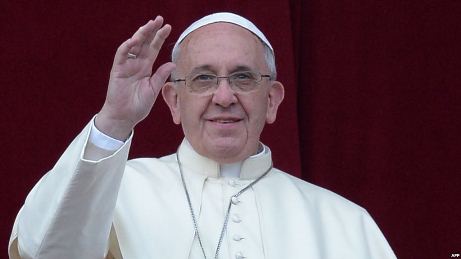But the image that the Vatican hopes will define the trip, and perhaps Francis` young papacy, was another: that of the leader of the 1.2 billion strong Catholic Church embracing his Argentine friends, a rabbi and a Muslim, in front of the Western Wall, adjacent to the disputed hilltop compound that lies at the heart of decades of Israel-Arab tensions.
After visiting the golden-topped Dome of the Rock shrine on the compound on Monday morning, Francis prayed at the nearby Western Wall, leaving a hand-written note with the "Our Father" prayer written in his native Spanish in between the cracks of stone.
When he finished, a visibly emotional Francis embraced Rabbi Abraham Skorka and Omar Abboud, a leader of Argentina`s Muslim community, both of whom joined Francis on his official delegation in a potent symbol of interfaith friendship.
"I think this was the real answer to such problems that come from very long and profound difficulties," the Vatican spokesman, the Rev. Federico Lombardi, said of the embrace. "What can we do? We can pray. We can ask God to help us. We can love mutually and then embrace."
That logic lies at the heart of Francis` surprise invitation to the Israeli and Palestinian presidents to come to the Vatican next month to pray for peace. The invitation was a dramatic - but very Franciscan - initiative that confirmed that the pope who named himself after the peace-loving St. Francis of Assisi feels free and even obliged to pursue any initiative that might benefit peace.
Francis stressed in comments to reporters en route back to Rome that the encounter was to pray - not negotiate or mediate.
"We are coming just to pray, then everyone goes home," he said. "But I think prayer is important: praying together."
More about:
















































